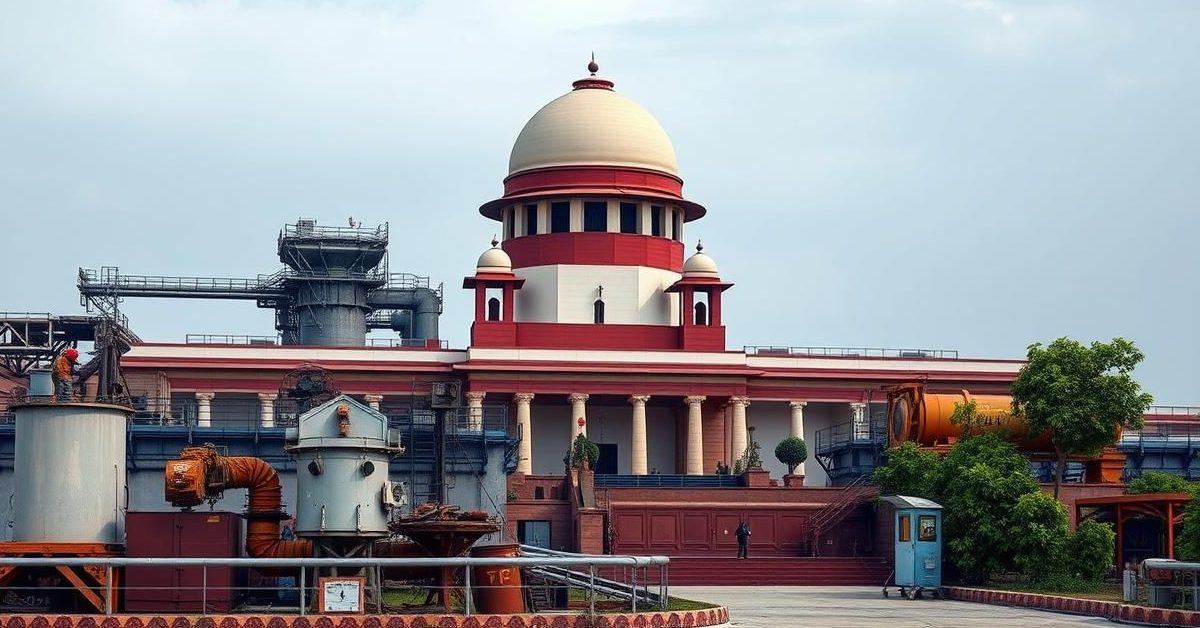Odisha’s Bold Move: Private Banking Giants Under Scrutiny
A significant development from the state of Odisha has sent ripples through India’s financial sector, bringing the operational efficiency of major private banks under the spotlight. The Odisha government has taken an unprecedented step, removing three prominent private lenders—HDFC Bank, ICICI Bank, and Axis Bank—from its esteemed panel of authorized banks. This decisive action prohibits them from handling the crucial business and deposits of state departments, as well as various government-supported bodies, including universities. The primary reason cited for this drastic measure is their “poor show” in the implementation of vital Central government welfare schemes, a move that underscores the state’s unwavering commitment to its citizens’ financial well-being.
Why the Crackdown? Unpacking the “Poor Show”
The phrase “poor show” encapsulates a range of performance deficiencies that have evidently frustrated the Odisha administration. While specifics remain to be fully detailed by official statements, it commonly refers to the inability of banks to effectively disburse funds, facilitate financial inclusion, and ensure the last-mile delivery of benefits under various centrally sponsored programs. Schemes involving Direct Benefit Transfers (DBT), financial literacy drives, farmer welfare initiatives, and housing subsidies often rely heavily on the banking network to reach intended beneficiaries, particularly in rural and remote areas of states like Odisha. The government’s decision signals a serious dissatisfaction with the reach and responsiveness of these private sector behemoths in these critical areas.
A Setback for Financial Powerhouses: HDFC, ICICI, Axis
The three banks in question—HDFC Bank, ICICI Bank, and Axis Bank—are cornerstones of India’s private banking landscape. Known for their extensive branch networks, advanced digital platforms, and customer service, their exclusion from state government business in Odisha represents a significant blow, not just in terms of lost deposits and transactional fees, but also in reputational standing. This decision raises questions about the perceived commitment of these financial giants to the often less profitable, yet socially vital, realm of welfare scheme implementation. It serves as a stark reminder that public trust and effective social responsibility are as crucial as commercial success.
Odisha’s Imperative: Ensuring Welfare Reaches Every Citizen
For the Odisha government, led by its administration, the paramount concern is the efficient and equitable delivery of welfare benefits to its populace. Schemes designed to uplift marginalized communities, support farmers, provide housing, and ensure basic financial access are cornerstones of social development. Any impediment in their execution, whether due to a lack of physical presence in remote villages, technological glitches, or insufficient staff training, directly impacts the lives of millions. By taking a firm stand against underperforming private banks, Odisha aims to ensure that public funds are managed with the utmost accountability and that beneficiaries receive their entitlements without unnecessary hurdles.
The Public vs. Private Debate: A Renewed Focus on Rural Reach
This development reignites the long-standing debate concerning the respective roles of public sector banks (PSBs) and private sector banks in India’s social welfare architecture. Historically, PSBs, with their broader network of branches in semi-urban and rural areas, have been the primary vehicles for government schemes, driven by a mandate that extends beyond mere profit. While private banks have expanded rapidly and embraced digital innovation, their branch footprint in deeply rural, underserved regions often lags behind that of their public sector counterparts. This decision by Odisha may indicate a strategic pivot towards leveraging the more expansive and perhaps more socially oriented network of public sector banks for governmental transactions and welfare initiatives.
Financial Inclusion: Beyond Urban Centers
The essence of many Central government welfare schemes lies in fostering comprehensive financial inclusion, reaching individuals who historically have been excluded from the formal banking system. This requires not just opening accounts, but also providing accessible banking services, financial literacy, and reliable direct benefit transfers. If private banks, despite their technological prowess, are not effectively penetrating the deeper, less lucrative markets where the need for welfare schemes is most acute, then their utility in this critical domain diminishes. Odisha’s move is a powerful statement about the importance of deep, grassroots engagement for financial institutions collaborating with the government.
Potential Ripple Effects Across India’s States
The bold action taken by Odisha could set a precedent for other Indian states grappling with similar challenges in welfare scheme delivery. Governments across the nation are under increasing pressure to ensure that financial aid and subsidies reach the intended recipients efficiently, curbing leakages and delays. If the performance of private banks in critical social programs continues to be perceived as inadequate, it is plausible that more state administrations might consider re-evaluating their partnerships, potentially shifting focus towards public sector banks or imposing stricter performance metrics. This could compel private lenders nationwide to re-strategize their approach to rural outreach and social responsibility.
The Path Forward for Private Lenders in the Public Sphere
For HDFC Bank, ICICI Bank, and Axis Bank, regaining the trust and business of state governments like Odisha will require a demonstrable commitment to improving their performance in welfare scheme execution. This might involve expanding their physical presence in underserved areas, enhancing financial literacy programs for beneficiaries, streamlining digital processes for last-mile delivery, and perhaps even redesigning their operational models to better align with the social objectives of government initiatives. This episode underscores that in a nation striving for inclusive growth, banks, whether public or private, must meet not only commercial objectives but also fulfil their crucial role as facilitators of social upliftment.














